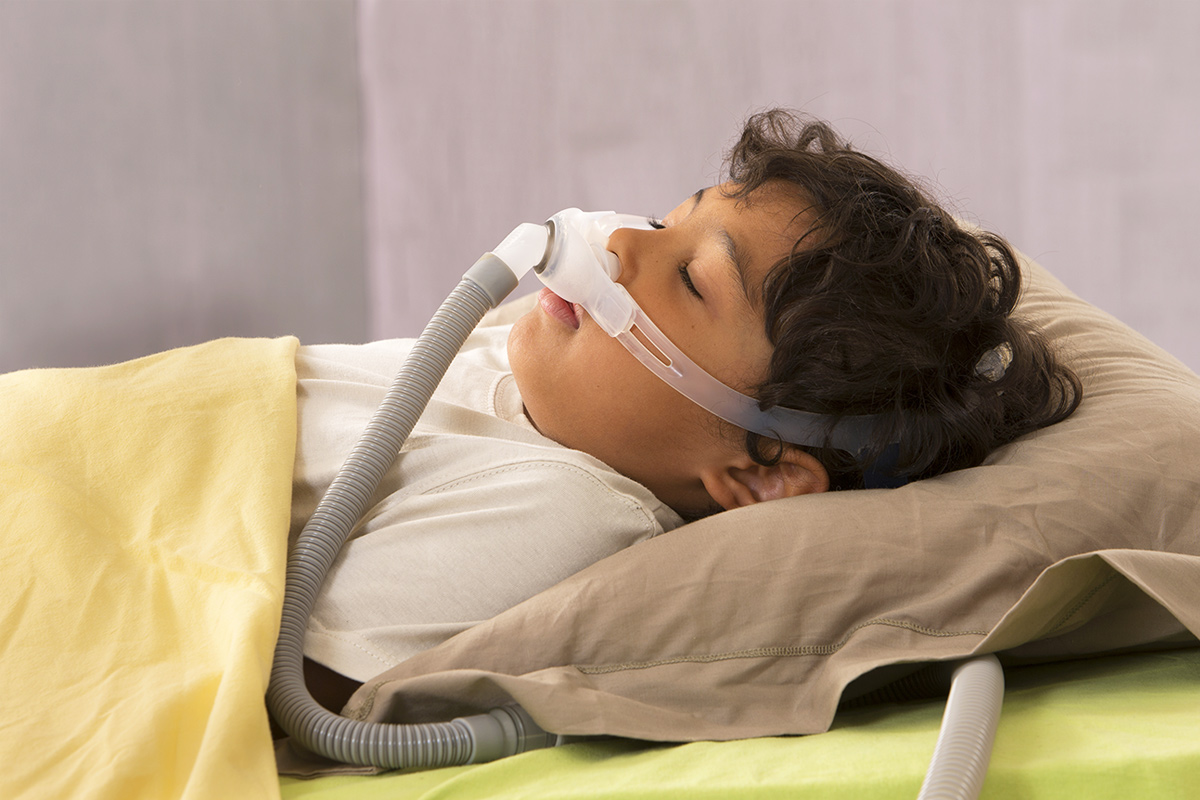News
Sleep Apnea in Children
Think sleep apnea doesn’t affect children? Think again. While it is not as common, children can occasionally be affected by a sleep disorder called pediatric obstructive sleep apnea.
OSA in children may look a little different in children than it does for adults, however, it is important to remember that children require a good night’s sleep to help aid their growing bodies. Because of this, seeking medical help is very important in order to treat sleep apnea symptoms.
Causes and Risk Factors
Some of the most common risk factors for sleep apnea in children include enlarged tonsils and adenoids, obesity, and underlying health conditions such as Down Syndrome, Cerebral Palsy, and craniofacial abnormalities, just to name a few. Some children may also develop OSA, simply based on family history of the condition.
Symptoms to Watch
Much like adults, children who have OSA may experience symptoms such as snoring, restless sleep, pauses in breathing, and coughing or choking. Occasionally children may have other symptoms such as night sweats, bed-wetting, or sleep terrors. Untreated OSA in children can also have an effect on how a child functions during the daytime, including learning and/or behavioral problems, hyperactivity, poor weight gain as well as poor performance in school, and difficulty paying attention.
Treatment
OSA treatment in children will depend on many factors. Your doctor may refer your child to a sleep specialist for further examination of their symptoms. Managing weight in children with obesity issues will often help to treat mild cases of sleep apnea in children. Children with enlarged tonsils and/or adenoids may require surgery in order to treat the sleep apnea. Some cases may even require the use of a CPAP machine to treat the sleep apnea, whether temporary or permanent, though this is not as common for children as it is in adults.
Early diagnosis and treatment are key to preventing complications that could affect the child’s growth and development. If your child consistently wakes up feeling tired or is experiencing problems functioning during the daytime, then it’s time to call your doctor. Left untreated, OSA in children can lead to some serious health problems that could cause issues with their growth and development.



